“If you don’t know your roots, you are like a leaf that does not know you are part of a tree“.
Source: The Little Nyonya drama series
I told myself not to start….. not to start…not to start, otherwise I will be “glued” to the screen for days… but yet I started….I just could not resist.
I had just re-watched The Little Nyonya drama series all over again – my third time watching this 34-episodes series about the life story of a Nyonya born into a wealthy Straits family in Malacca in the 1930s. The series depict life for some 70 years and tells the stories of three families over those decades.
I hardly re-watch any drama, but this particular drama really caught my attention. I was fascinated with the storyline, the kebayas (dresses of the ladies), the cuisine, the cookery, the language, the homes, the decorations etc. But most of all, it is this particular sentence at the end of the episode – “If you don’t know your roots, you are like a leaf that does not know you are part of a tree“. So that got me into writing this post.
This sentence came about when the granddaughter came back from overseas to visit her grandmother and learned about their family history. It was then she came to realise the importance of understanding her family heritage, her roots and her culture.
Why am I so fascinated with this particular drama and all about the peranakan or baba nyona culture in the movie?
It is because I was able to relate to their stories!
I was born in a baba Nyonya family, however I did not grow up in a baba Nyonya mansion, and my grandmother was the only one wearing the “kebaya”. But through the movie, I had a better understanding of my own heritage, and it is so much more important now that we are living overseas, far away from our family and the community.
I particularly paid attention to their cuisine, their tableware, their clothing, hairdo, language, their custom, their traditions, their values, their beliefs, their views etc. I saw how the second world war impacted their life style and their cultural survival. I learnt about the similarities between theirs and my own family’s heritage.
Some question arise when younger generations, like myself who have since migrated overseas, see these past traditions. Do we still adopt our culture in our adopted homeland? What about the younger generations like our children? How important is it they understand their roots, their heritage?
These are not easy questions to answer. However, one thing I am sure of, no matter where you are in the world, it is important to reconnect to your roots. This can be through the food that you grew up with, the language of your mother tongue, your heritage, your culture, your traditions etc.
And when you share those values and rituals your grew up in with your children, it allows them to have a better understanding of their roots and their identity, even though their own cultural identities are been established in the country of their births. This sharing of culture can create a better bonding opportunity for yourself and your children.
Remember, your culture and heritage are amazing GIFTs!


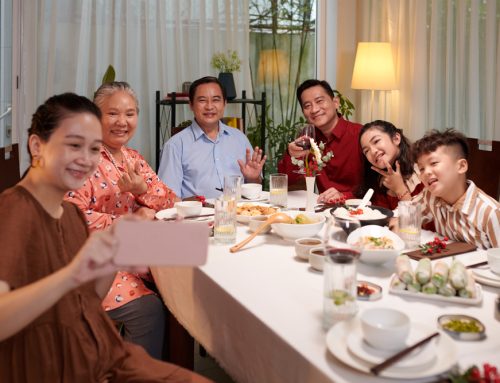
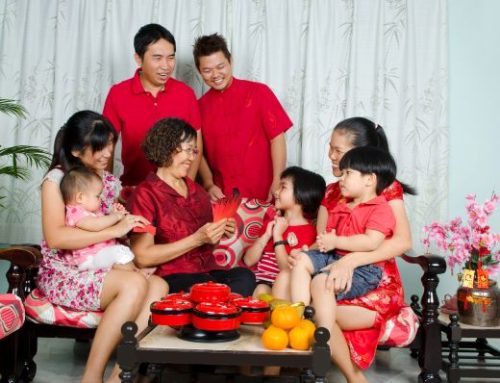
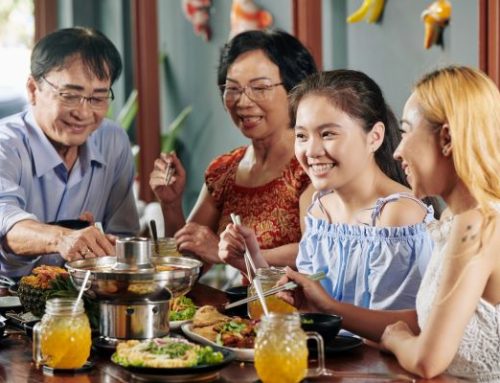
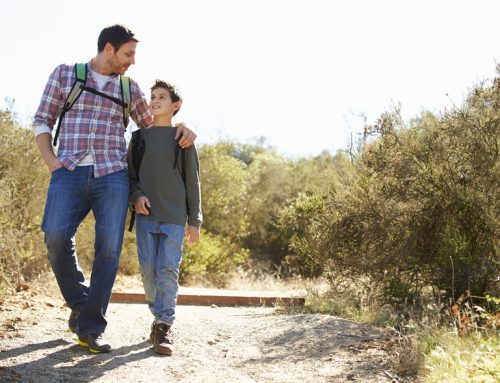
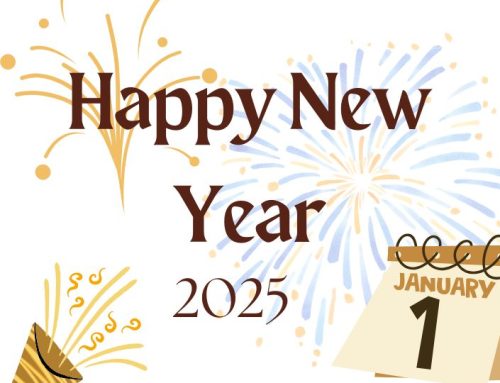
Leave A Comment